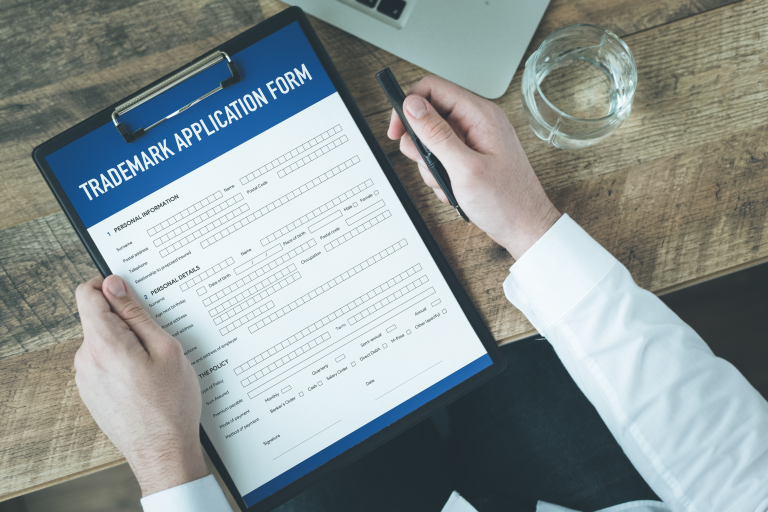You may have heard of the term “piercing the corporate veil” and wondered what it means, and if you know what it means, you may have wondered when it can be done.
If that is the case, you came to the right place.
Below, we will explain the concept of the corporate veil, when it can be pierced, the consequences of doing so, and how to avoid it.
What Is Piercing the Corporate Veil?
The term “corporate veil” is used to describe the separation between a corporation or Limited Liability Company and its owners.
The term “piercing the corporate veil” refers to a situation in which a court disregards this separation and holds the owners personally liable for the debts or obligations of the business.
Normally, corporations and LLCs are treated as legal entities that are separate from their owners. This means that they are not responsible for the debts or actions of the business, and their personal assets are shielded from creditors or lawsuits.
However, in some exceptional cases, a court may decide to pierce the corporate veil and remove this protection if it finds that the owners have abused the corporate form or used it for fraudulent or illegal purposes.
When Can the Corporate Veil Be Pierced?
There is no definitive test for determining when the corporate veil should be pierced. However, some common factors that courts may consider are:
- The degree of control and influence that the owners have over the business
- The degree of separation and distinction between the owners and the business
- The adequacy of capitalization and funding of the business
- The observance of corporate formalities and procedures
- The commingling of personal and business assets or interests
- The existence of fraud, wrongdoing, or injustice to third parties
For example, the corporate veil may be pierced if:
- The owners use the business as their alter ego or personal instrumentality
- The owners fail to keep proper records, minutes, or accounts for the business
- The owners transfer assets or funds between themselves and the business without proper documentation or consideration
- The owners use the business to evade taxes, creditors, or legal obligations
- The owners use the business to commit crimes, torts, or breaches of contract
What Are the Consequences of Piercing the Corporate Veil?
When the corporate veil is pierced, it can have devastating consequences. Once it happens, the owners of the business lose their limited liability protection, and their personal assets, such as their home, bank accounts, investments, and other property, can be seized by creditors or plaintiffs to satisfy the claims against the business.
In addition, piercing the corporate veil may also result in other legal penalties, such as fines, sanctions, or criminal charges, depending on the nature and extent of the misconduct involved.
How to Preserve Your Limited Liability Protection
The best way to avoid having the corporate veil of your business pierced by a court is to respect and maintain the separate legal identity of your corporation or LLC.
This means that you should:
- Follow all the state laws and regulations regarding forming and operating your business entity
- Keep adequate and accurate records, minutes, accounts, and documents
- Hold regular meetings and resolutions
- File all the required reports and taxes
- Provide sufficient capitalization and funding
- Avoid commingling personal and business assets or interests
- Avoid using your business entity for fraudulent or illegal purposes
By following these steps, you can demonstrate that your business is a legitimate entity that is separate from yourself and that you are not abusing or misusing it. This can help you preserve your limited liability protection.
Jurado & Associates, P.A. Can Help You
If you are a business owner who is facing a lawsuit or a creditor claim that threatens to pierce your corporate veil, you need an experienced and reliable law firm to represent you and protect your rights.
At Jurado & Associates, P.A., we have a team of qualified and dedicated attorneys who can help you.
Contact us today at (305) 921-0976, [email protected], or +1 (305) 921-0976 on WhatsApp to schedule an initial consultation.
We look forward to hearing from you and helping you with your legal needs.






